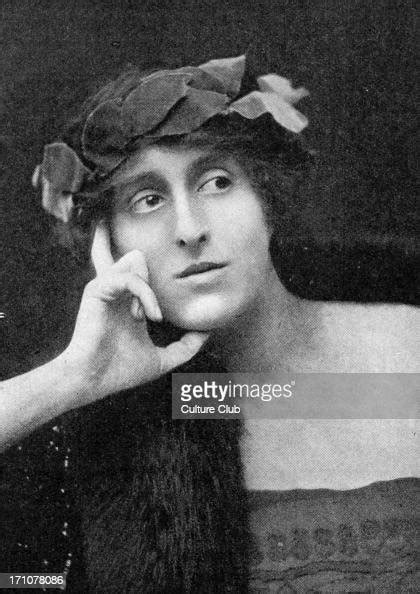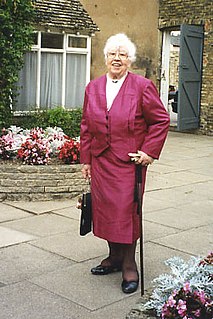A Quote by Ellen Key
For thousands of years, poetry has been picturing love as a mysterious and tragic power. But when anyone says the same thing in plain prose, and adds that life would be colourless and poor without the great passions, then this is called immorality!
Related Quotes
Poetry has an indirect way of hinting at things. Poetry is feminine. Prose is masculine. Prose, the very structure of it, is logical; poetry is basically illogical. Prose has to be clear-cut; poetry has to be vague - that's its beauty, its quality. Prose simply says what it says; poetry says many things. Prose is needed in the day-to-day world, in the marketplace. But whenever something of the heart has to be said, prose is always found inadequate - one has to fall back to poetry.
Certainly for me prose has a dilatory capacity, insofar as I don't trust my abilities in prose. I imagine I could have done the same thing in poetry, but sometimes I feel more fluent in poetry than in prose, and as a consequence perhaps I might pass too quickly by a thing that I might, in prose, have struggled merely to articulate. That struggle creates space, and it seems to me a particular kind of space into which memory flows easily. I suspect I think better in poetry, however.
What a lumbering poor vehicle prose is for the conveying of a great thought! ... Prose wanders around with a lantern & laboriously schedules & verifies the details & particulars of a valley & its frame of crags & peaks, then Poetry comes, & lays bare the whole landscape with a single splendid flash.
Poets seem to write more easily about love than prose writers. For a start, they own that flexible ‘I’…. Then again, poets seem able to turn bad love – selfish, shitty love – into good love poetry. Prose writers lack this power of admirable, dishonest transformation. We can only turn bad love into prose about bad love. So we are envious (and slightly distrustful) when poets talk to us of love.
I read the text; and then I come to the Shirat ha-Yam, to the Song of the Sea [Exodus 15], to the poetry. Who could have written such a poem except someone who went through it? It is so full of life, so full of truth, of passion, of concern. And the thousands and thousands of commentaries in the Talmudic tradition that have been written on it. It had to have happened. But even if not, I would attribute the same beauty to the text as I do now.
I never intended to write poems, nor to be a photographer, nor to be a film-maker. I just took many, many pictures and I would put them in an album, and then some years later I decided to show them and suddenly I was called a photographer. Same thing with my poetry. They're notes that I'd written in a book and it may be considered poetry.
Power properly understood is nothing but the ability to achieve
purpose... one of the great problems of history is that the concepts of love and power have usually been contrasted as opposites --- polar opposites --- so that love is identified with a resignation of power, and power with a denial of love... What is needed is a realization that power without love is reckless and abusive, and love without power is sentimental and anemic. Power at its best is love implementing the demands of justice, and justice at its best is power correcting everything that stands against love.





































